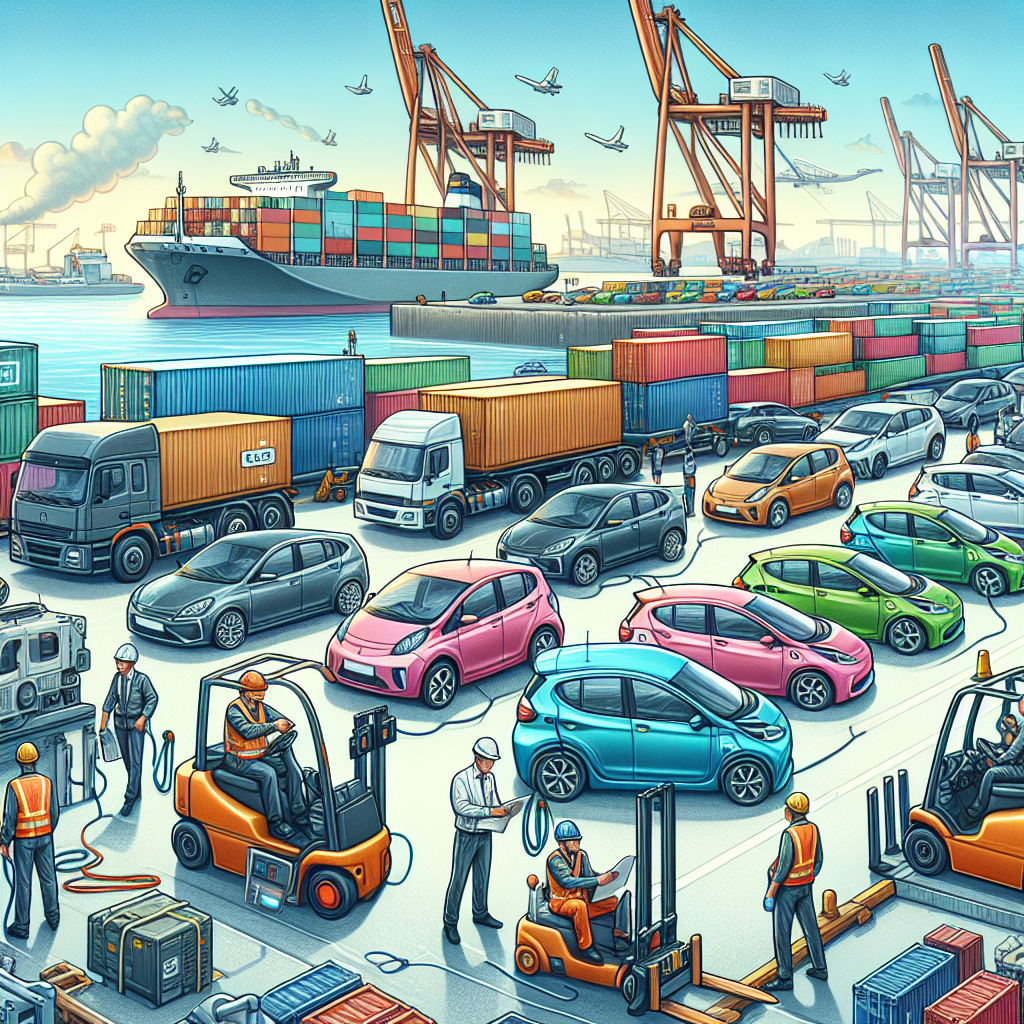EU Votes for Duties on Chinese Electric Vehicles Amid Rising Trade Tensions
European Union countries have decided to impose duties on Chinese electric vehicle imports, amid escalating trade tensions over alleged unfair subsidies. Brussels and Beijing are negotiating a resolution before the duties take effect on October 31, as Germany and Hungary oppose the measure, fearing economic impacts.

- Country:
- Belgium
The European Union has taken a decisive step by voting to implement duties on imports of Chinese electric vehicles. The move occurs amid ongoing trade talks between Brussels and Beijing to resolve the ongoing dispute before the end-of-October deadline.
Electric vehicles have become a central issue in broader trade disagreements over Chinese government subsidies, which have affected European market pricing and increased China's exports of green technology to the EU. Despite opposition from automotive leaders like Germany and Hungary, the European Commission's plan to impose duties was approved by the majority of member states.
Scheduled to come into effect on October 31, unless a resolution is found, the duties will primarily target major Chinese manufacturers, with percentages varying per company. The rapid rise of Chinese-built electric cars, supported by alleged subsidies, has raised concerns about the long-term impact on the EU's capacity to produce green technology and the potential threat to millions of related jobs.
(With inputs from agencies.)
ALSO READ
France, Germany and Poland say they will consider possible measures against Georgia
UPDATE 1-Germany says amicable solution remains goal for Mercosur deal
Alice Weidel: The Unlikely Face of Germany's Far-Right AfD
Alice Weidel: The AfD's Unlikely Face for Germany's Chancellery
Germany's far-right AfD nominates chancellor candidate ahead of election










